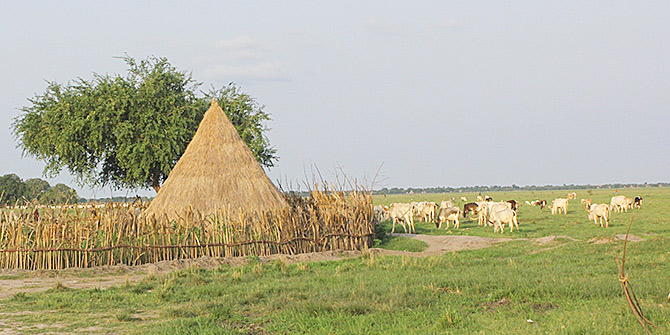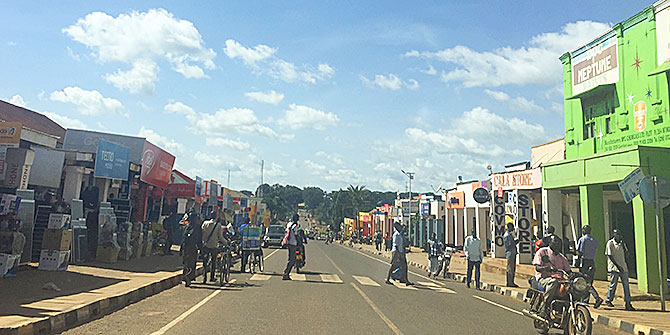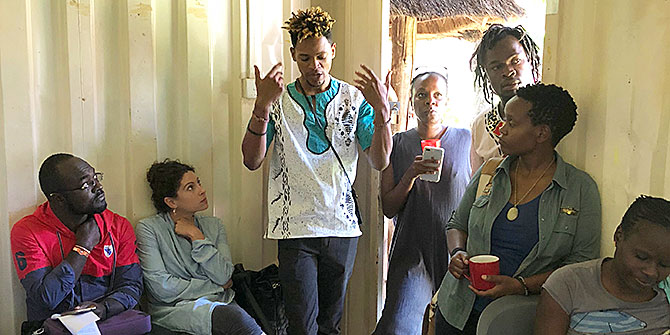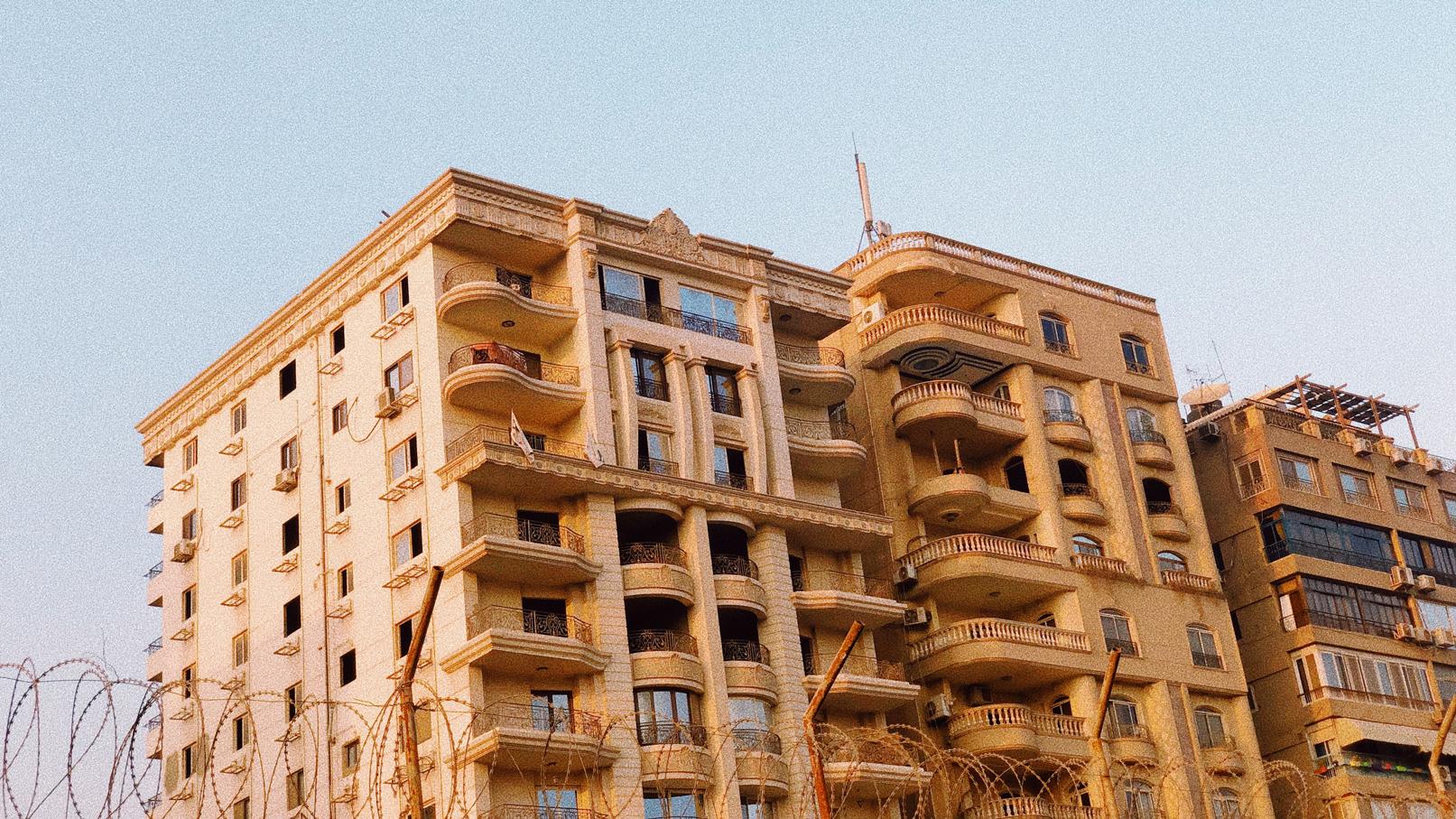Ife Piankhi details how she has been inspired by the methods of the artists participating in the Politics of Return artist residency.
This article is part of our #LSEReturn series, exploring themes around Displacement and Return.
The artist residency at 32 Degrees East in Kampala aims to explore the dynamics of how asylum seekers, internally-displaced people and refugees return home.
As Professor Tim Allen and Dr Anna MacDonald wrote in the blog post, The Politics of Return: An agenda for research, “In 2015 the United Nations Refugee Agency (UNHCR) reported that worldwide displacement hit an ‘all time high’ as conflict-related violence and persecution increase and threaten environments become more diffuse and complicated. …this displacement crisis was characterised by a ‘complexity rarely seen before’.”
As a result of this complexity, there is a need for greater understanding. Through artistic and social processes, three artists from East African region: Bathsheba Okwenje (Uganda), Kusa Kusa Maski Gael (DR Congo) and Willy Karekezi (Rwanda) aim to capture the stories and images of the people, to create narratives that express the memories and connections to a past, but also a present that can inform the current gaps in knowledge.
All three artists are grounded in social practice, an artistic tradition of addressing social problems and working with communities. The invited artists showcased work that is layered and sophisticated. In an introductory presentation, Maski shared with us a project focused on a family of stone-breakers in DRC who were breaking stones for a school their children will never attend because they are unable to afford the school fees. Maski created portraits of the family juxtaposing them against blackboards from which their children will never read.

Willy’s vivid acrylics of landscape and people are sometimes painted on the exterior walls of homes to stimulate questions in public and beautify environments. His body art patterns draw on ancestral and personal knowledge to illustrate the journey of people’s lives.
Bathsheba takes themes such as gender, sexuality and hidden histories and creates innovative installations which use internal and external spaces. She also utilises technology to activate audio triggers for the audience.
It is an exciting prospect to see how each artist interprets the Politics of Return theme.
As a writer and poet I hope to engage with their process to create my own narrative of their work as it develops. What resonates with me about the Politics of Return are the topics of coping with social stress, and the shaping and reshaping of collective consciousness and how these can be incorporated into our individual and collective reality, for healing, for justice, for social change.
There is no one size fits all solution to the politics of return. Each of us is unique and complex. Coupled with this is how increasingly difficult our environments have become and at any time we could become uprooted from our familiar and to find ways to navigate through a life which is insecure.
The process is just as important as the outcome. Over the next three months join us in a journey of discovery.
Find out more about the Politics of Return and our Trajectories of Displacement research projects, which are based at the Firoz Lalji Centre for Africa and funded by ESRC/AHRC.
Ife Piankhi (@IPiankhi) is a writer, poet, singer and visual artist who uses her voice to speak about Afrocentric identity. Through a life of many diasporas, Piankhi’s work reflects the world around her and follows her investigations into self and community. Piankhi is based in Kampala, Uganda.
The views expressed in this post are those of the author and in no way reflect those of the Africa at LSE blog, the Firoz Lalji Centre for Africa or the London School of Economics and Political Science.





